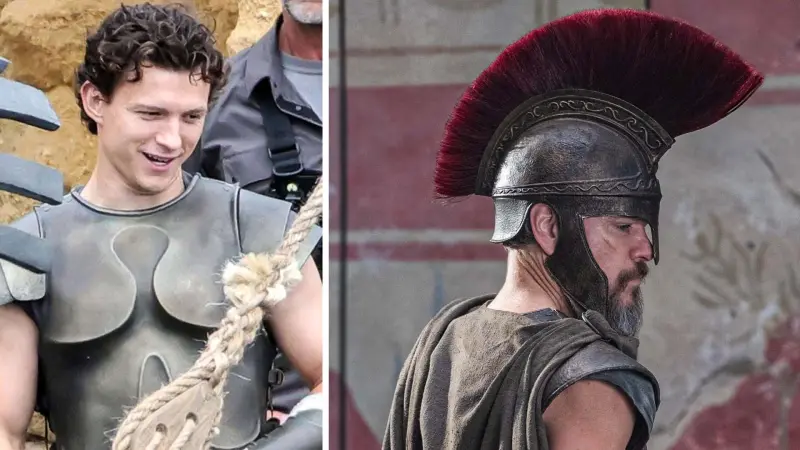Archaeology, as a discipline, seeks to uncover and interpret the material remains of past human cultures. However, the practice is fraught with ethical challenges, particularly concerning the ownership and stewardship of cultural heritage. Key issues include artifact repatriation, looting, and the role of indigenous communities in archaeological endeavors. These challenges often intersect with broader questions of cultural identity, historical justice, and the rights of descendant communities.
Artifact Repatriation
One of the most contentious ethical issues in archaeology is the repatriation of artifacts to their countries or communities of origin. Many artifacts currently housed in museums around the world were acquired during colonial periods, often under circumstances that would be considered unethical today. The debate over whether these artifacts should be returned to their places of origin is complex, involving legal, cultural, and moral considerations.
Case Study: The Elgin Marbles
The Elgin Marbles, a collection of classical Greek marble sculptures, were removed from the Parthenon in Athens by Lord Elgin in the early 19th century and later sold to the British Museum. Greece has long sought their return, arguing that they are an integral part of its cultural heritage. The British Museum, however, maintains that the marbles were legally acquired and are better preserved and more accessible to the public in London. Despite ongoing negotiations, the marbles remain in the UK, highlighting the difficulties in resolving such disputes.
Looting and the Illicit Antiquities Trade
Looting of archaeological sites is a pervasive problem that not only results in the loss of valuable historical information but also fuels the illicit antiquities trade. Looted artifacts often end up in private collections or on the black market, where they are sold for profit. This practice deprives communities of their cultural heritage and undermines the integrity of archaeological research.
Case Study: The Looting of Iraq
Following the 2003 invasion of Iraq, widespread looting of archaeological sites occurred, with thousands of artifacts stolen from museums and ancient sites. Many of these items were smuggled out of the country and sold on the international market. Efforts to repatriate these artifacts have been ongoing, with some success. For example, the United States has returned several thousand looted items to Iraq, but many more remain missing. This case underscores the need for international cooperation to combat looting and the illicit trade in antiquities.
The Role of Indigenous Communities
Indigenous communities often have a deep connection to the lands and artifacts that archaeologists study. However, historically, these communities have been excluded from the archaeological process, leading to a legacy of mistrust and exploitation. Ethical archaeology today emphasizes the importance of involving indigenous communities in research, ensuring that their perspectives and rights are respected.
Case Study: The Kennewick Man
The discovery of the Kennewick Man in Washington State in 1996 sparked a legal and ethical battle over the remains. Native American tribes claimed the skeleton as an ancestor and sought to rebury it under the Native American Graves Protection and Repatriation Act (NAGPRA). Scientists, however, argued that the remains were too old to be definitively linked to any modern tribe and should be available for study. After years of litigation, the remains were eventually repatriated to a coalition of tribes in 2017. This case highlights the tensions between scientific inquiry and the rights of indigenous peoples.
Conclusion
The ethical challenges in archaeology are multifaceted and often involve balancing competing interests. Artifact repatriation, looting, and the role of indigenous communities are just a few of the issues that archaeologists must navigate. Resolving these challenges requires a commitment to ethical principles, including respect for cultural heritage, collaboration with descendant communities, and adherence to legal frameworks. By addressing these issues thoughtfully and transparently, archaeologists can help ensure that the past is preserved and interpreted in a way that is just and inclusive.
In conclusion, the question of "who owns the past?" does not have a simple answer. It requires ongoing dialogue, mutual respect, and a willingness to confront the historical injustices that have shaped the field of archaeology. Only through such efforts can we hope to achieve a more ethical and equitable approach to understanding and preserving our shared human heritage.







